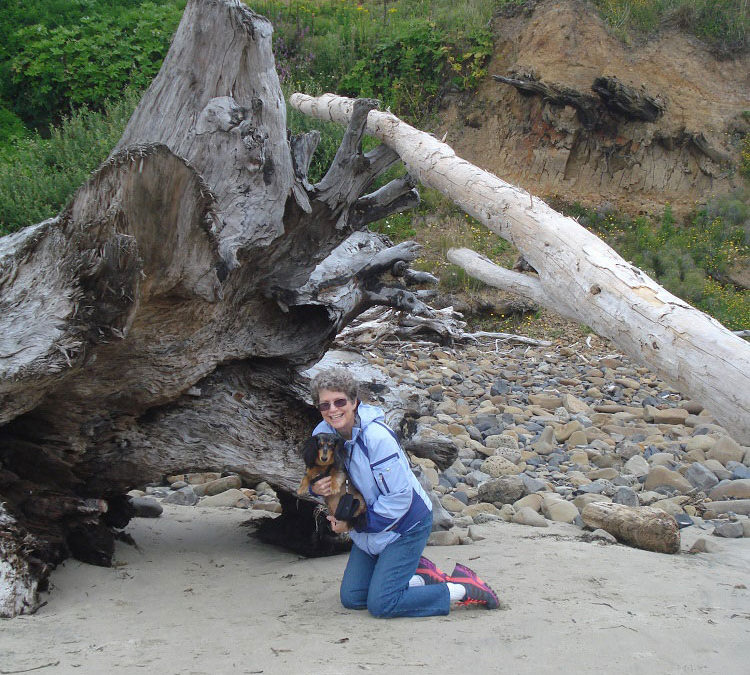Social anxiety is another common issue for HSPs. It is a chronic form of Personalization that can be isolating and very harmful. It’s the feeling that the people around you are always looking for ways to find fault with you. I remember feeling sick to my stomach as I sat among the 20 kids in my kindergarten class for most of the year. As a young teenager I’d easily be triggered into the same feeling when I had to cope with several kids. This problem was worsened because throughout my childhood my family enjoyed teasing me at the dinner table until I cried and ran to my room. They justified this by telling me, “The world’s a harsh place and we’re trying to help you stop being so sensitive.”*
Although most of my HSP clients weren’t tormented, social anxiety was also prevalent for them. I was so miserable by age twelve that I cried as I read over and over about Jesus in my Bible and the kindness he taught people to offer. I’ve noted that I also I read my dad’s copy of How to Win Friends and Influence People. It convinced me that people need you to focus on them and listen well. For over a year I journaled every night, noting whether I had done that. I was a lonely, intense and talkative kid, so this was difficult, but I learned to stop sharing much about myself with anyone but a couple friends and to listen well.
One fascinating thing I discovered during this self-improvement effort was how really focused on themselves most people (including me) are. It was such a relief to realize that I could be invisible to most people simply by not talking. As I shared these discoveries with my HSP clients, I recommended this experiment: When you’re in a group of people you don’t know well, engage another person in light conversation (“small talk”) by asking about them, their family, their hobbies, their job, what they’ve done for fun lately. Encourage them to talk for a while and then add a very brief comment about yourself related to what they’ve been sharing. See how long it is before they look at their watch. My clients usually were skeptical, but would return and exclaim that they couldn’t believe how quickly others actually did that and then moved on to talk with someone else. We agreed that those who encouraged interaction might be friend material, unless they were leading up to a marketing proposal.
In 1976 when I worked for the Dale Carnegie classes in Chicago, I was taught how to engage a boss to listen and sometimes make the choice to pay for an employee to take the classes that embodied what I’d read in his book when I was twelve. It brought me to tears to see how others overcame their anxiety in the fourteen-week, four-hours-a-night class. Gradually, I overcame most of my remaining social anxiety as I grew in my interpersonal skills and discovered that others’ responses really had almost nothing to do with me. I never became a great salesperson, but what I learned has meant much more than money for the rest of my life.
*In Elaine Aron’s video, Sensitive, she cautions against using this damaging approach with HSPs.

